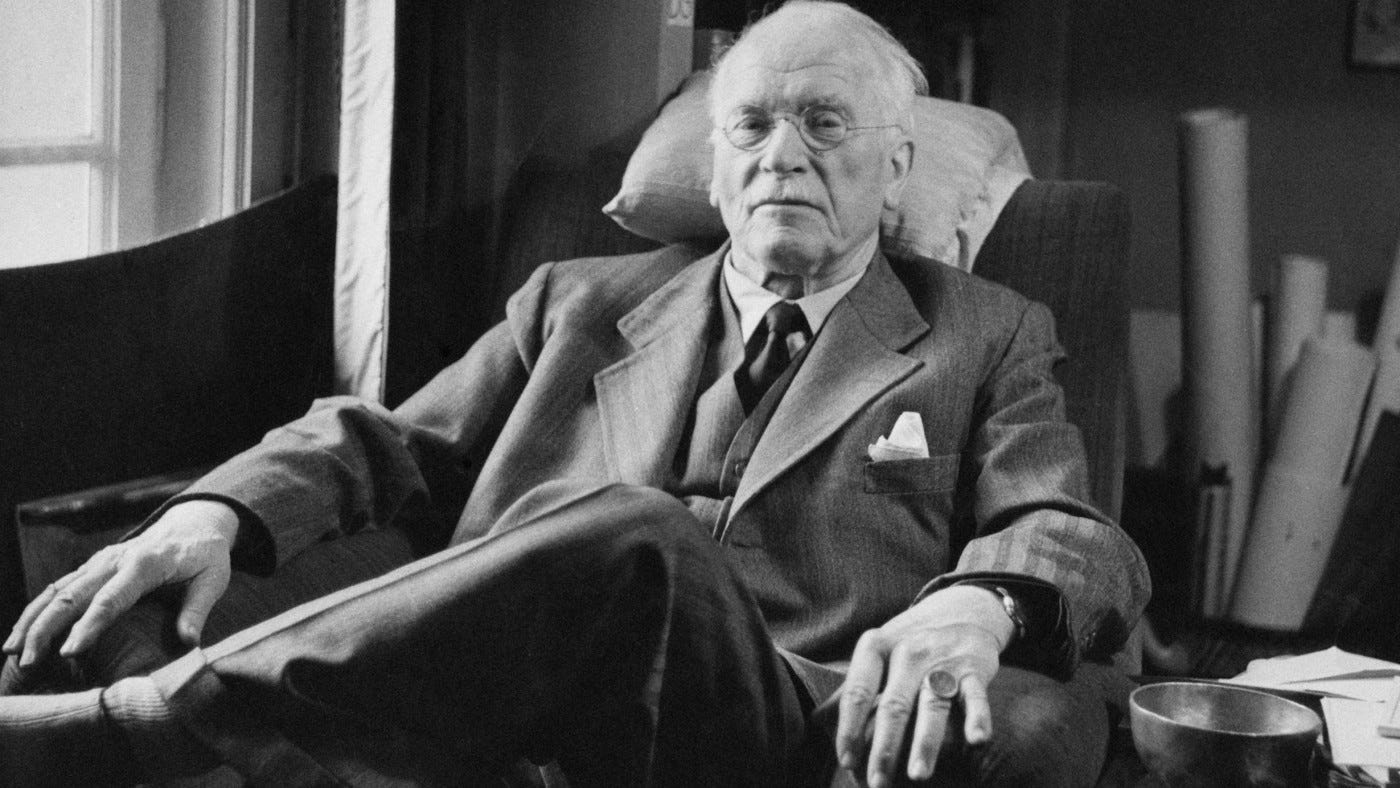The Inflated Ego: Carl Jung's Warning for the Modern World
Understanding the Ego and Consciousness
Carl Jung, the Swiss psychiatrist and psychoanalyst, offered profound insights into the human psyche, particularly concerning the nature of the ego and consciousness. For Jung, the ego represents the center of our conscious awareness, our sense of "I." It's the part of us that identifies with our personal history, experiences, and beliefs. However, Jung cautioned against the dangers of an inflated ego, a state where the ego's sense of self becomes disproportionately large and disconnected from the deeper layers of the psyche.
The Psychology of Inflation
Psychological inflation occurs when the ego identifies excessively with something beyond its true capacity. This could manifest as an overestimation of one's abilities, an unrealistic sense of importance, or a rigid adherence to a particular viewpoint, shutting out other perspectives. Think of it as an overblown balloon – impressive in size, but fragile and easily punctured. Jung believed that inflation often stemmed from an unconscious identification with powerful archetypal images or with collective ideals.
The Dangers of Inflation in Modern Society
Jung’s warnings about ego inflation resonate deeply in today's world. The pressures of modern society, with its emphasis on success, achievement, and social media validation, can contribute significantly to the inflation of the ego. We are constantly bombarded with messages that encourage self-promotion and the cultivation of a strong, often idealized, self-image. This can lead to a disconnect from our true selves, fueling anxiety and a sense of emptiness despite external achievements.
This disconnection can cause a number of problems, including an inability to see other viewpoints, difficulty in handling criticism, and increased levels of narcissism. It can damage relationships, hinder genuine self-reflection, and ultimately prevent psychological growth and individuation, a process of integrating the conscious and unconscious aspects of the self to achieve wholeness. You can see this in action in this excellent video, which explains Jung's concepts more deeply.:
The Role of the Shadow and Archetypes
Jung's theory of the Shadow is also crucial to understanding ego inflation. The Shadow represents the unconscious repository of repressed aspects of our personality – the traits we deem unacceptable and hide from ourselves and others. When the ego is inflated, it often represses the Shadow more vigorously, leading to unconscious projections onto others. We see the very flaws we deny in ourselves reflected in those around us.
Furthermore, identification with archetypes, the universal patterns of behavior and images present in the collective unconscious, can also contribute to inflation. For example, identifying solely with the Hero archetype without acknowledging the flaws and limitations of the human condition can lead to arrogance and a lack of empathy.
The Path to Individuation: Deflating the Ego
Jung believed the solution to ego inflation lies in the process of individuation – the journey of becoming a whole and integrated person. This involves acknowledging the Shadow, integrating the unconscious, and developing a more balanced relationship with the ego. It’s a process of self-awareness, self-acceptance, and a willingness to embrace the complexities of the human experience.
"The psychological rule says that when an inner situation is not made conscious, it happens outside as fate." - Carl Jung
Cultivating Mindfulness and Self-Reflection
Practicing mindfulness, self-reflection, and engaging in activities that promote inner awareness are essential steps in deflating the ego. This involves paying attention to our thoughts, feelings, and behaviors without judgment, and recognizing the patterns of our ego-driven reactions. It requires humility, a willingness to learn from our mistakes, and an openness to the wisdom of the unconscious.
The Importance of Balance
In conclusion, Carl Jung's warning about the inflated ego remains highly relevant in the modern world. By understanding the psychology of inflation and striving for individuation, we can cultivate a healthier relationship with ourselves and the world around us. The journey of self-discovery is a lifelong process, but the rewards – inner peace, wisdom, and a deeper sense of meaning – are immeasurable.




